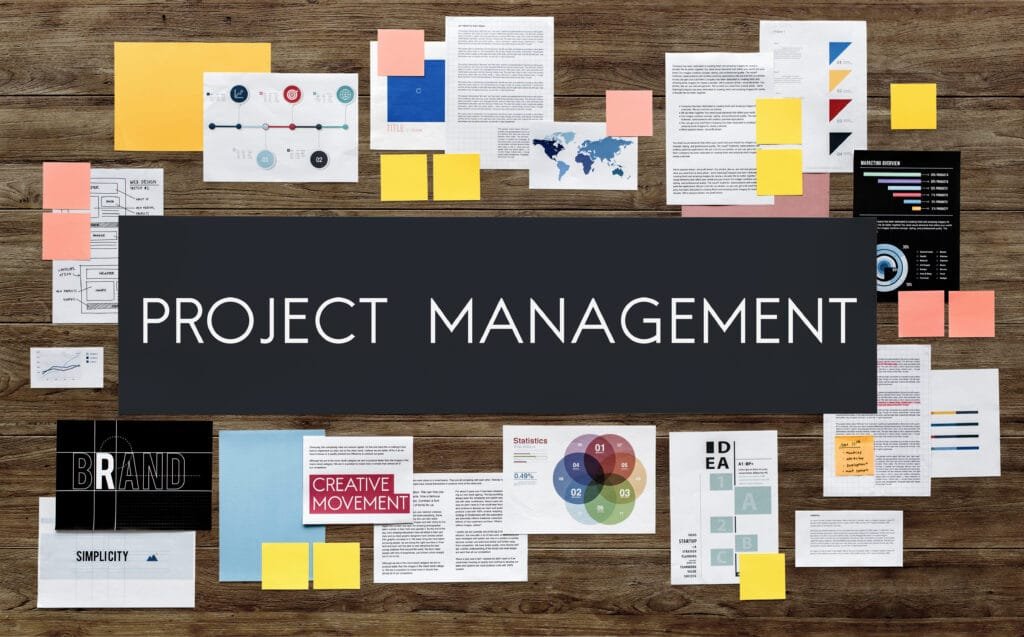Running a small business in 2026 means more than just having a great product or service. The world has evolved, and so has business technology. Small businesses that want to grow, stay competitive, and get access to the right funding must use the best tech tools available. These tools help you save time, organize your work, improve customer service, and keep your finances healthy — all of which lenders look for when you apply for funding.
Whether you want to get financing through SBA’s programs, approach lenders for small business loans, or find options for a business loan without collateral security, using the right technology can strengthen your business profile and boost your chances of approval.
In this blog, we’ll cover the 5 most essential tech tools every small business should use in 2026 — explained simply with practical examples and useful tables. We’ll also share useful resources to help you with financing and business growth.
Cloud Accounting Software: Master Your Business Finances

One of the biggest challenges for small businesses is managing finances effectively. Tracking expenses, sending invoices, and preparing taxes can be time-consuming and confusing — especially if you still rely on spreadsheets or paper records.
Cloud accounting software solves this problem by automating much of the financial work and giving you real-time insight into your money. Popular cloud accounting tools include QuickBooks Online, Xero, and FreshBooks.
Why Cloud Accounting Is a Must-Have in 2026
- Real-time updates: See your cash flow instantly, so you never get caught off guard by bills or slow payments.
- Easy invoicing: Create and send professional invoices with a click, and track which customers have paid.
- Tax readiness: Automated reports help you file taxes correctly and avoid penalties.
- Remote access: Manage your books anywhere using your phone, tablet, or laptop.
For example, consider Maria, who owns a small retail store. Before switching to cloud accounting, she spent hours every week balancing her books. Since adopting QuickBooks Online, Maria now has a clear picture of her finances any time she needs it — which made applying for an SBA loan much easier. Her lender was impressed by her organized financial records, increasing her chance of approval.
Feature | Benefit | Why It Matters for Loans |
Real-time Financials | Avoid surprises with your cash flow | Shows lenders you manage money well |
Automated Reports | Save time on bookkeeping | Speeds up loan application process |
Mobile Access | Work on finances anywhere | Stay on top of finances even on the go |
Pro Tip: If you want to learn more about managing your money well and financing equipment purchases, check out our blog on Top Equipment Financing Tips for Small Businesses.
Customer Relationship Management (CRM) Systems: Grow Your Customer Base

Keeping track of customers and building relationships is critical to growing your business. A Customer Relationship Management (CRM) system helps you organize customer information, manage leads, and automate marketing efforts all in one place.
Popular CRM platforms include HubSpot, Salesforce, and Zoho CRM. These tools let you:
- Track customer purchases and preferences
- Send personalized offers or reminders
- Follow up on leads automatically
Why CRMs Are Essential in 2026
When your customer relationships improve, sales improve too. This boosts your business revenue — something lenders watch closely. SBA’s and other lenders for small business loans often ask about your customer base and growth plans. A CRM gives you solid data to back up your answers.
For example, Sam owns a local coffee shop and used HubSpot to segment his customers by buying habits. He started sending special discounts to loyal customers, and his sales increased by 20%. When Sam applied for a business loan without collateral security, he could show lenders solid proof of growth and customer loyalty, helping him get approved faster.
E-commerce Platforms: Sell Anytime, Anywhere

If you sell physical or digital products, an online store is essential in 2026. More customers expect to browse and buy online, and having an e-commerce platform helps you reach a wider audience.
Popular platforms include Shopify, WooCommerce, and BigCommerce. These platforms offer easy website setup, product management, and payment integration.
Benefits of E-commerce Platforms for Small Businesses
- Wider reach: Sell beyond your local area, opening new revenue streams.
- 24/7 availability: Your store never closes, so you can make sales anytime.
- Inventory management: Keep track of stock to avoid overselling.
- Integrated payments: Accept credit cards, digital wallets, and more.
A strong online presence also looks good when you apply for loans. Lenders, including SBA’s programs, like to see that you are prepared to grow and serve customers on multiple channels.
If you want to learn more about financing business growth, our blog on Franchise Financing vs. Startup Capital: What’s Right for You? is a great read.
Digital Payment Solutions: Faster & Safer Transactions

The way people pay is changing rapidly. Digital payment solutions like Square, PayPal, and Stripe make it easy for customers to pay online or in person — and get you paid quickly.
Why Digital Payments Matter
- Faster checkouts: Reduce wait times and increase customer satisfaction.
- Multiple options: Support credit cards, mobile wallets, and bank transfers.
- Instant notifications: Know right away when money lands in your account.
- Improved cash flow: Better payment speed means healthier cash flow.
Consider Joe, who runs a food truck. After switching to Square for mobile payments, he noticed his lines moved faster, customers were happier, and he spent less time chasing payments. This smoother cash flow helped when he applied for funding with lenders for small business loans, and his application was stronger as a result.
Payment Tool | Features | Why It’s Good for Small Business |
Square | POS + Mobile payments | Fast setup, easy to use |
PayPal | Online payments + invoicing | Widely trusted by customers |
Stripe | Subscription + mobile payments | Perfect for online or recurring sales |
For fast cash options, check our blog on Short-Term Business Loans: Fast Capital for Urgent Needs.
Project Management Tools: Organize Your Business Efficiently

As your small business grows, keeping track of projects, deadlines, and team tasks becomes more challenging. Project management tools like Trello, Asana, and Monday.com help you stay organized and efficient.
Why Project Management Software Is Critical
- Assign and track tasks in one place
- Set deadlines and get reminders
- Collaborate easily with remote teams or freelancers
- Maintain clear progress reports for stakeholders
Being organized is not just about internal efficiency — it also impacts how lenders view your business. When applying for SBA’s loans or other funding, having documented business plans and progress updates improves your credibility.
How Using Tech Tools Helps When Applying for Loans
When approaching lenders for small business loans or SBA’s programs, your business’s organization, growth potential, and financial health are key factors lenders review.
Tech tools like cloud accounting, CRM, e-commerce, payment gateways, and project management software show lenders that you:
- Manage finances responsibly
- Grow and retain customers effectively
- Maintain smooth operations and clear business plans
- Can handle repayments on time
These tools help you gather and present the right data during loan applications, making it easier to qualify for funds like business loan without collateral security, which usually require proof of stable business management.
For example, using cloud accounting software means you can quickly produce profit and loss statements lenders require. A CRM shows that you’re growing your customer base. And digital payments improve your cash flow records.
If you want a detailed guide on financing a franchise, check this blog: From Dream to Drive-Thru: How to Finance a Fast Food Franchise in 2026.
Summary Table: Top 5 Tech Tools for Small Businesses in 2026
Tool | Main Function | Example Platforms | Why It Matters for Loans |
Cloud Accounting | Manage finances | QuickBooks, Xero, FreshBooks | Shows responsible money management |
CRM | Manage customers & sales | HubSpot, Salesforce, Zoho | Proves business growth and marketing |
E-commerce Platforms | Sell products online | Shopify, WooCommerce | Expands sales channels & revenue |
Digital Payment Solutions | Faster payments | Square, PayPal, Stripe | Improves cash flow and payment speed |
Project Management Tools | Organize projects & tasks | Trello, Asana, Monday.com | Demonstrates business organization |
Final Thoughts
In 2026, staying competitive as a small business means embracing the right technology. From SBA’s loans to business loan without collateral security, lenders want to back businesses that are smart, organized, and prepared for growth.
By adopting cloud accounting, CRM, e-commerce, digital payments, and project management tools, you not only streamline daily operations but also strengthen your funding applications. This gives you the power to grow faster and smarter.

